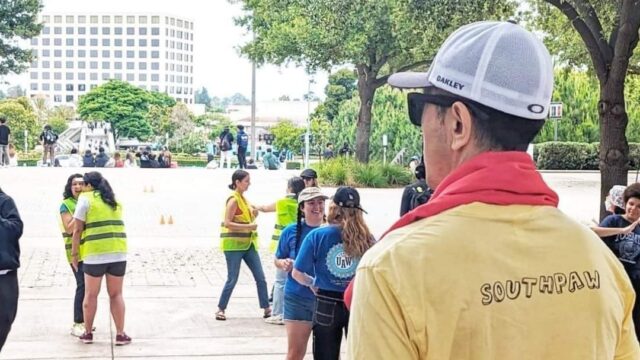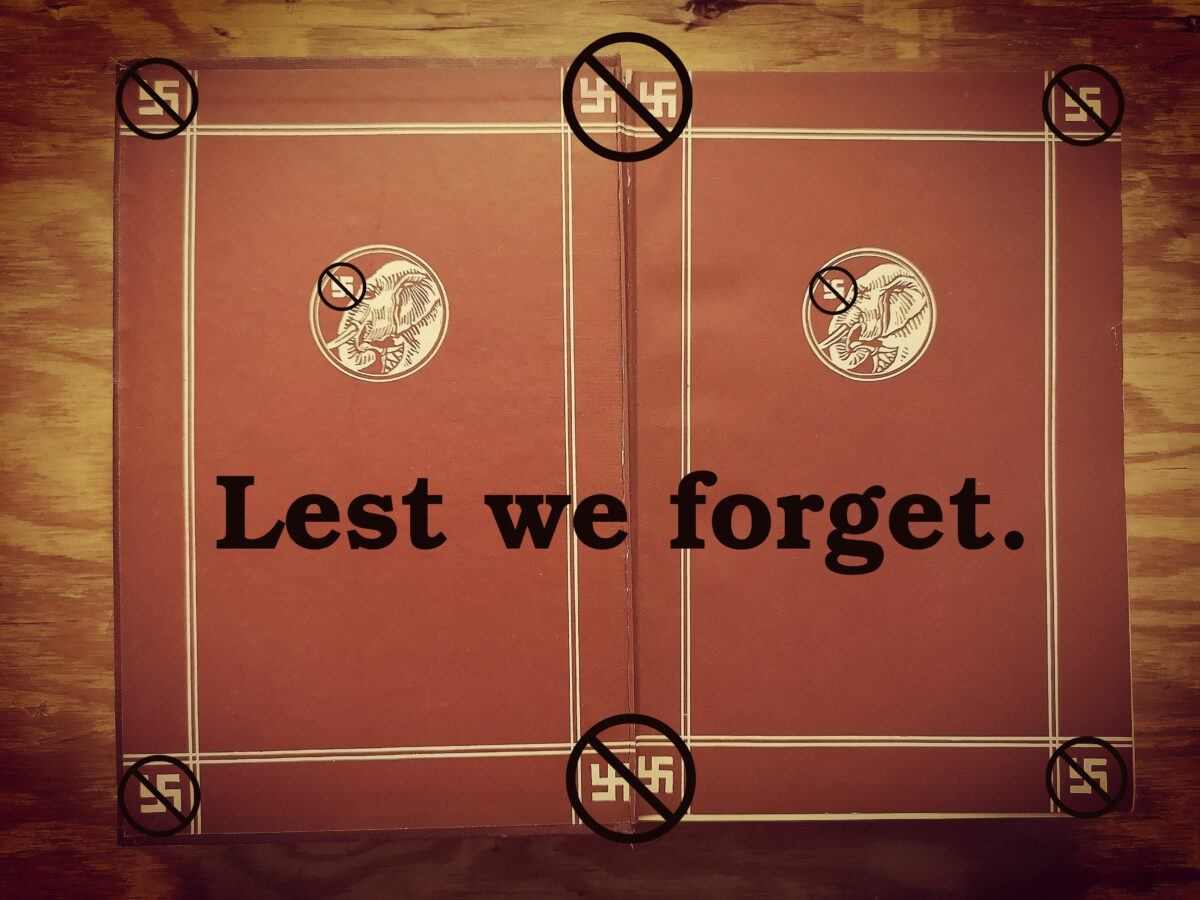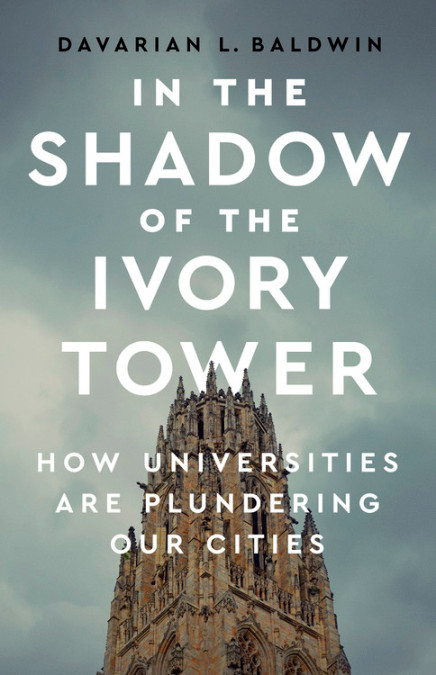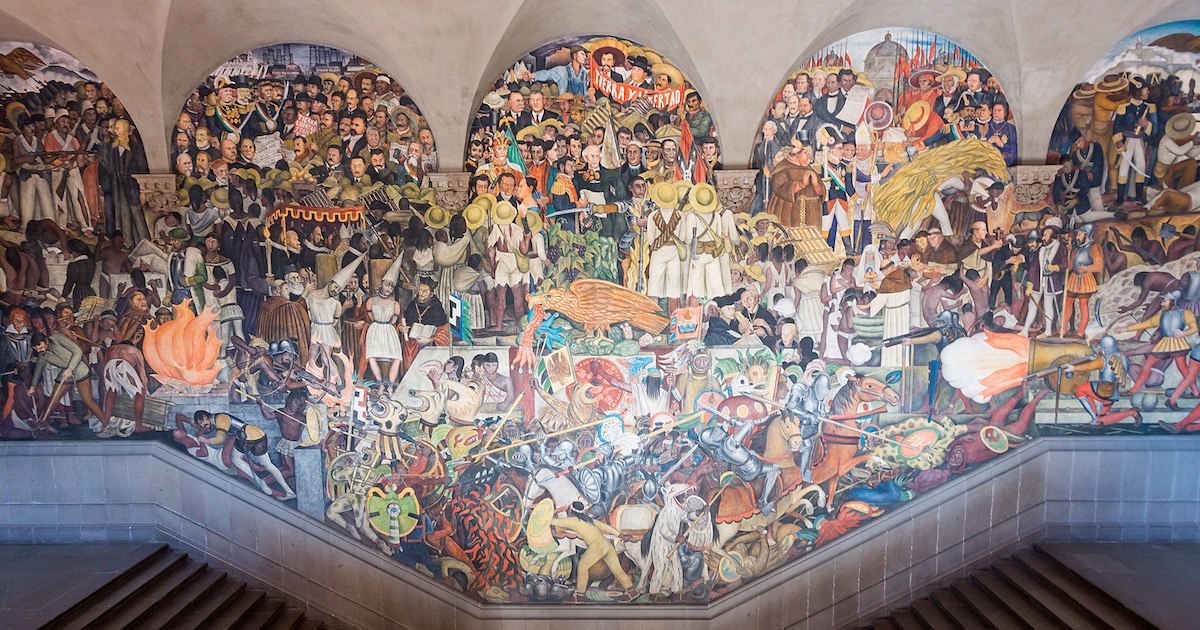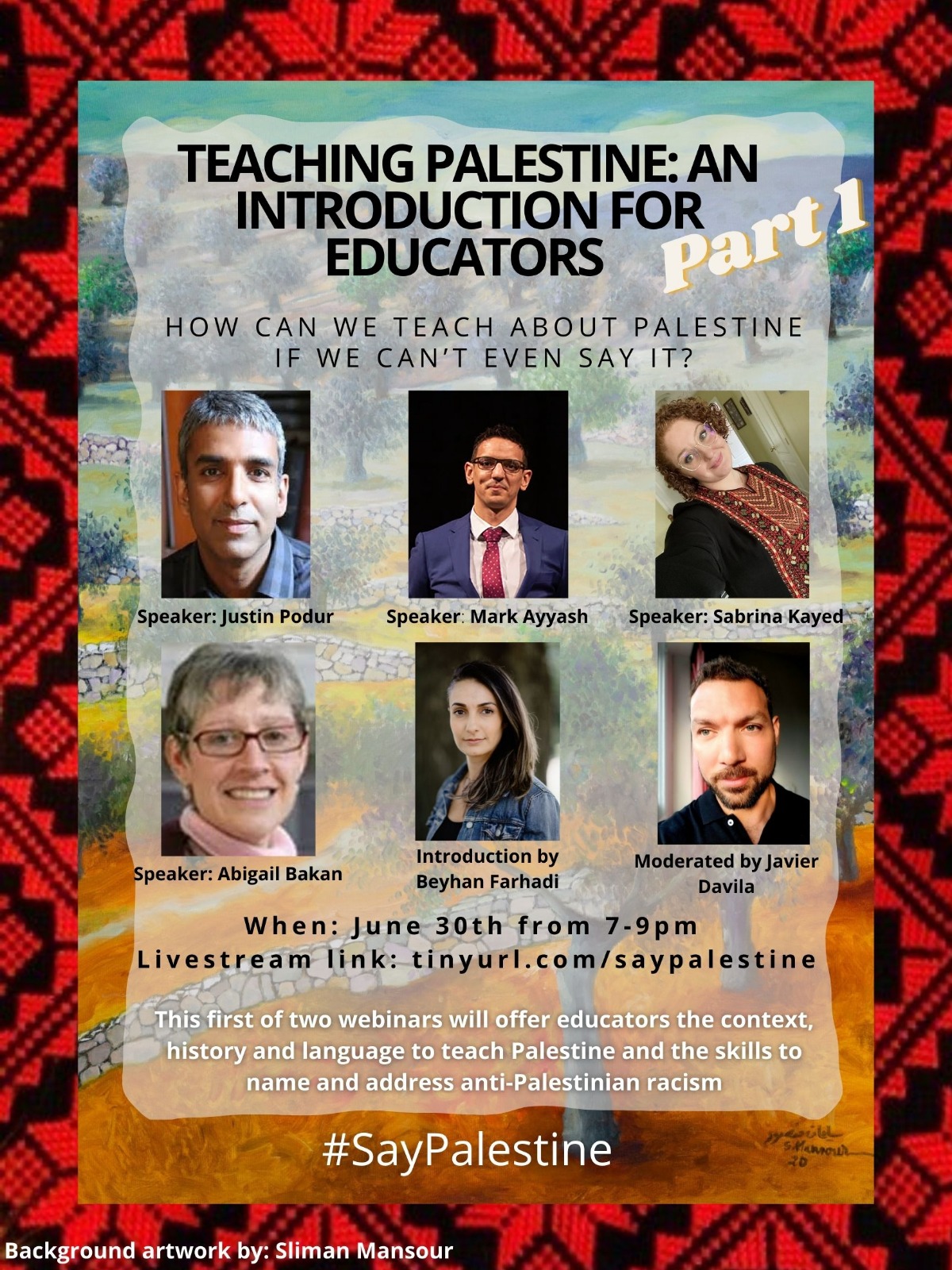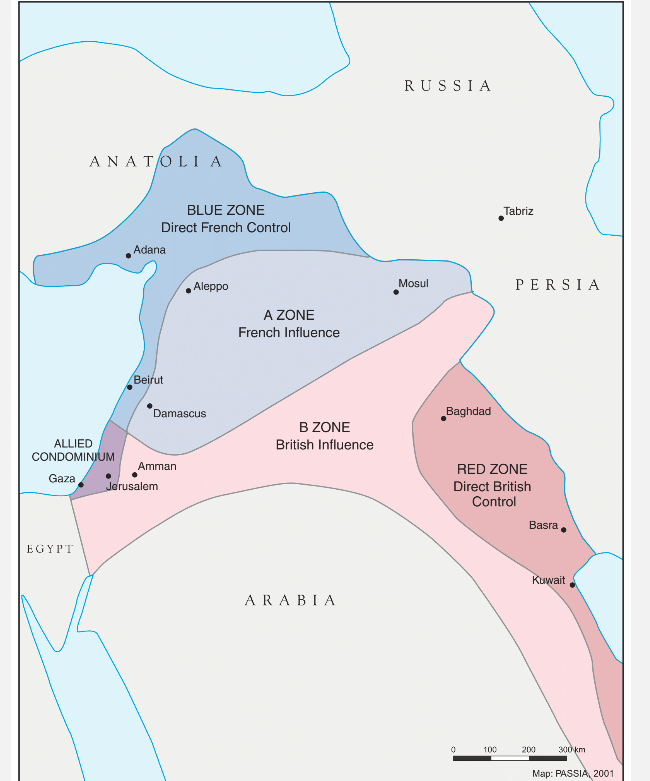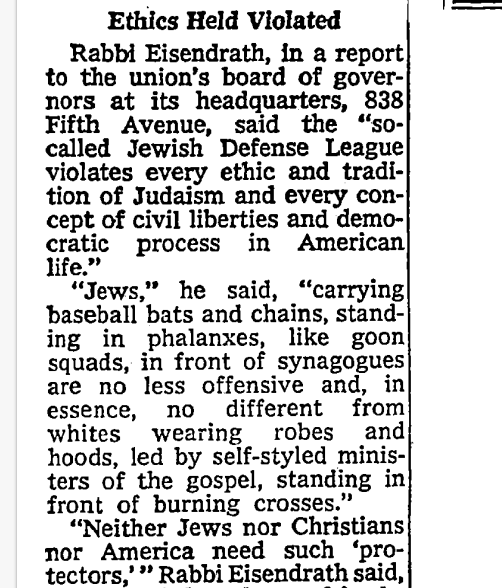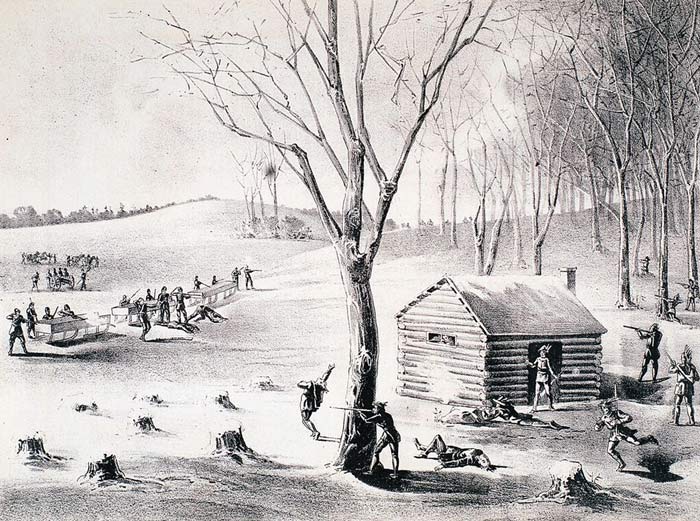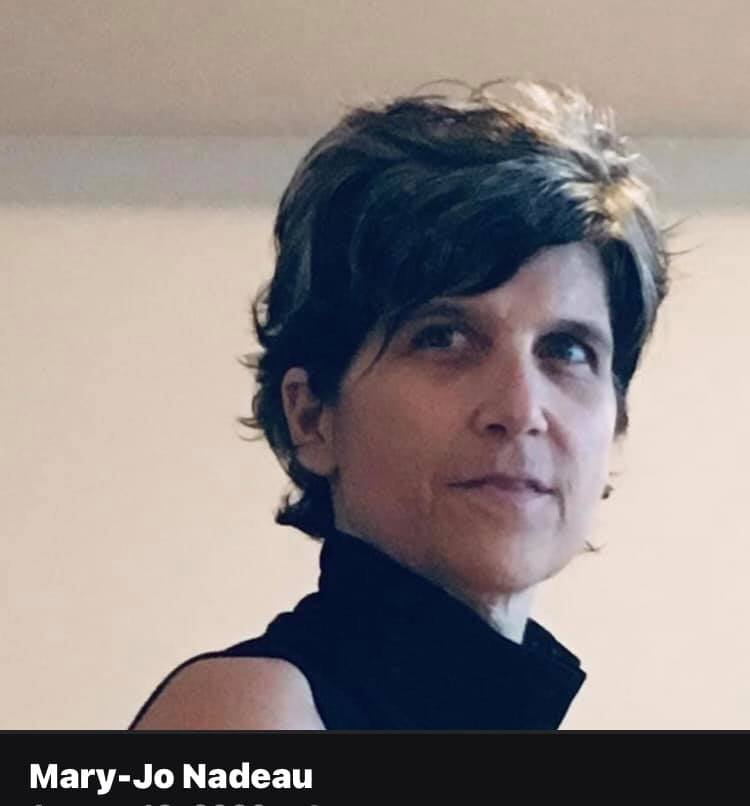If politics is in everything, then what are the politics of martial arts as they’re studied and practiced today? For audiences of this show, it’s not a pretty sight. But Sam from Liberationist MA is trying to do things differently. He joins to talk about his play-based martial arts pedagogy, the world view it’s embedded in, as we make invidious comparisons from our own lives about how we were taught the martial arts. Reposted from the Youtube channel if you caught it there already.
Category: Liberatory Education
Discussion on learning, teaching, and pedagogy, all from a leftist perspective.
AER 105: Are your favorite academic theorists really CIA spooks? With Gabriel Rockhill
Talking to Gabriel Rockhill, professor and director of the Critical Theory Workshop. Ever wonder why the CIA thought it was worthwhile to sponsor European left-wing academic theories? We talk about Derrida, Foucault, Arendt, and why even if you think obscure academic theory isn’t important, you might be mistaken. Author or editor of nine books, Rockhill is currently working on a book tentatively titled The Intellectual World War: The CIA’s Failed Attempt to Kill the Idea of Communism.
Lin3r Notes 1: On the racist who wrote “Lest We Forget”
Episode 1 of Dan Freeman Maloy’s series Lin3r Notes. Frequent guest and collaborator Dan Freeman-Maloy (@lin3rnotes on twitter) has a new substack, “Check the Liner Notes” (https://freemanmaloy.substack.com/), and will be podcasting on related topics here on AEP. This episode is about the Canadian / British imperial WWI commemoration, Remembrance Day, and some of the literary objects around it: the poem, In Flanders Fields, the various versions of O Canada, and of course the phrase Lest We Forget, penned by the racist writer Rudyard Kipling. Dan’s newsletter and podcasts will be unraveling how British imperial racists used language – from deception disguised as “plain-speaking”, to co-optation of compassion towards in-group morality, and everything else – to fulfill their objective of, well, world domination. Having taught racism for so long, is a redirection against racism possible for our education system?
AEP 96: Universities are Plundering Cities, with Davarian Baldwin
I’m joined by Davarian Baldwin, who is Paul E. Raether Distinguished Professor of American Studies at Trinity College, to talk about his new book In the Shadow of the Ivory Tower: How Universities are Plundering Our Cities. Davarian’s book helped a lot of ideas about the university and where it’s been headed click in my mind, and I think our discussion will be of interest to people who work at or around universities or are affected by these institutions in some way. Understanding the agendas at play and the divergence between ideals and reality is increasingly important in universities as it is elsewhere.
Civilizations 38: What is history? And have we been doing Critical Race Theory all along?
A year and a half ago I approached my high school history teacher with the idea of launching a podcast with a massively expanded version of the content of the “Modern Western Civilization” course he taught me in high school in the 1990s, to include the whole world and the people’s histories.
We’re just about to reach the 20th century so we thought we would debrief and go over some of what we’ve learned. We read things like EH Carr’s What is History?; Dave discusses the limitations of podcasting and of high school teaching; we talk about where the history we do fits into current debates about Critical Race Theory; and we set up for the next two series to come – the Scramble for Africa, and the Three World Wars (WWI, WWII, and the Cold War).
AEP 88: My comments at the Teaching Palestine / Say Palestine event June 30, 2021
On June 30, 2021, I was honored to be among the speakers on a panel for educators called “Say Palestine”. The entire panel, which was moderated by the wonderful Javier Davila (who I address directly at the beginning of the talk), is available on YouTube. I talk about the dilemmas faced by educators who want to teach about Palestine and who want to #SayPalestine.
Monsters in our Midst 3: What is the Gaza Strip? Why Support the Resistance?
The focus on Hamas is a product of the rolling amnesia of empire, as if the history of Israeli attacks on Palestinians can be narrowed to the last few decades, then distorted further. Against this tendency, this episode reviews the basic historical and geographic background to this crisis, showing the place of Palestine and the Gaza Strip in the history of imperial expansion, and placing the current horrors in their essential context.
Monsters in our Midst 2: Anti-Black and Anti-Palestinian Racism are Connected
Episode 2 of a mini-series on Israel/Palestine by Dan Freeman-Maloy.
Sometimes the connections are obvious. The American-Israeli Meir Kahane, for example, worked as a white-backlash activist in the United States, targeting Black-led social movements, before moving to Palestine and coaching settlers to kill Palestinians, with what Jewish organizations across the world then denounced as racist hate and violence.
More generally, the Scramble for Africa — that is, the classical period of white colonization of the African continent — was part and parcel of the same imperial expansion that swept across Palestine during World War I. It was then that Britain extended its reach across Palestine and that the road to Israeli statehood was paved. Theme by theme, European settler colonial politics that had been crafted in the Americas and in Africa were applied to Palestine. The association of the Zionist movement with British settler polities (the “Dominions”) was once proud.
The connections are manifold. European colonization in Africa and West Asia (or the Middle East) shared key patterns and was shaped by some of the same personnel, just as national liberation movements in both areas have a rich history of exchanges. In this episode, we focus on some of the shared patterns of deception that empire developed as it told moralizing tales about its righteousness in different parts of the world.
As Malcolm X phrased it: “if you study how they do it here, then you’ll know how they do it over here. It’s the same game going all the time.”
Civilizations 26c: Canada pt3 – Canadian colonialism: reserves, pass system, residential schools
By 1885, the Indian Act was in place, most Indigenous people were forced onto reserves, and the nadir of Canadian colonialism (so far) was set. Part 3 of 3 our series on Canada takes us through the residential school system and the racialist ideologies openly expressed throughout this phase of Canadian history.
My tribute to Mary Jo Nadeau
Organizing an academic panel or a public meeting is something many people can do: it just takes energy and experience, an interest in the matter being discussed and some consideration for the people attending. If it is a matter of public interest, of injustice and oppression, and the meeting itself is part of a struggle for justice – now there are fewer people who can do it. Now, make the topic Palestine, where saying obvious truths in public brings counter-demonstrations, threats, and condemnation from the major media all the way to the parliaments of the country, and the people who can enable education in this context are just a few rare gems. We just lost one of those gems in Mary Jo (“MJ”) Nadeau.
***
For me MJ is the perfect example of the Lao Tzu proverb.
“A leader is best
When people barely know she exists
Of a good leader, who talks little,
When her work is done, her aim fulfilled,
They will say, “We did this ourselves.”
***
In 2010, Studies in Political Economy published an article by MJ (with co-author Alan Sears) called The Palestine Test: Countering the Silencing Campaign. The article was about this element of MJ’s life’s work. MJ and Alan argued “the Palestine test is becoming a crucial measure of commitment to freedom of expression, social justice, and academic freedom on North American campuses in the context of a silencing campaign to shut down Palestine solidarity work.” The following decade, the silencing they outlined in the article has positively roared.
***
It is not easy to define what an organizer is. For activists, it’s an exalted title. I can try to put it this way: Much writing, speaking, marching, and demonstrating goes on. Whether anything changes, whether there is a chance to struggle another day – that effort succeeds or fails based on what organizers do. To put it another way: what’s the difference between a mailing list and an organization? The difference, in at least one case I know of, is whether there is an organizer – in this case, MJ. Often those who know appear arrogant or unapproachable in proportion to their experience of knowledge – MJ proved the opposite to be true, with vast knowledge and vast humility.
***
Around when the article was published I had to call MJ about some organizing problem. When she picked up, I said, “I’m ready.” “For what?” “To take the Palestine test. I think I’m ready to take it.”
The silencing campaign MJ warned about is pervasive and now involves the tech giants and social media platforms that promised to make communication easier. Amid the ever-intensifying silencing, it seemed that less and less was possible to do. But if you wanted to know what was possible, and what people were doing, you could find out by going to MJ.

